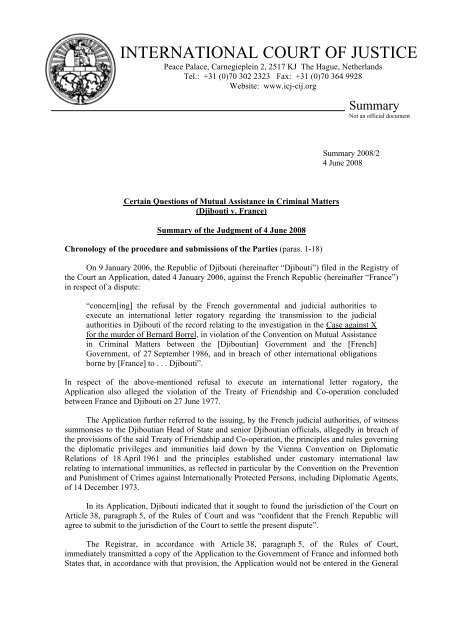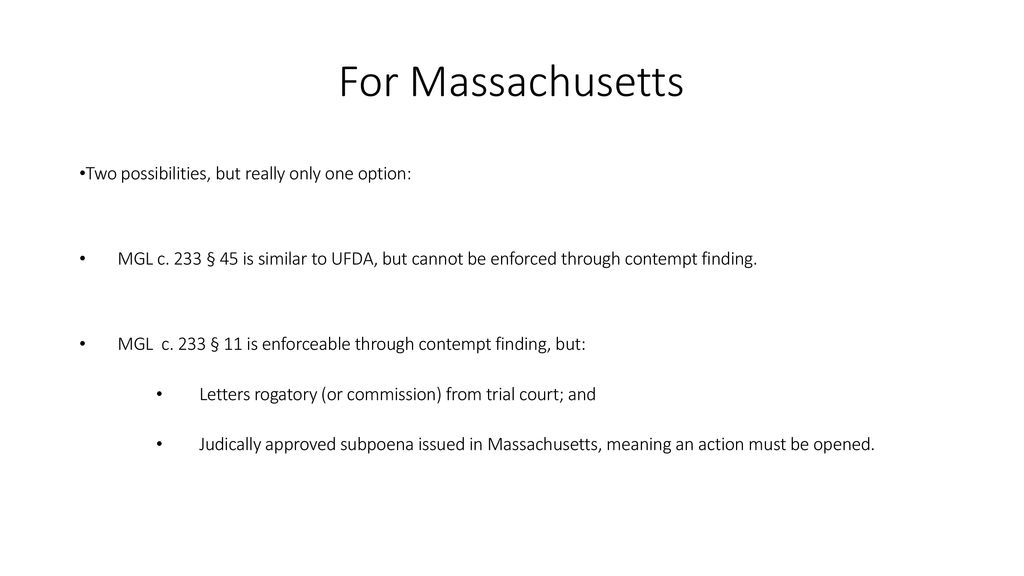Usual Challenges Faced When Performing Letters Rogatory Requests
Usual Challenges Faced When Performing Letters Rogatory Requests
Blog Article
The Duty of Letters Rogatory in International Regulation: Key Insights
Letters rogatory serve as a crucial tool in international regulation, helping with cross-border lawful help by allowing territories to formally ask for evidence and activities from one an additional. What implications might these difficulties have for future legal proceedings?
Meaning of Letters Rogatory
In the realm of worldwide law, letters rogatory offer as formal demands issued by a court in one territory to seek help from a court in another territory. Letters rogatory. These demands are especially substantial in cross-border legal process, where the enforcement of a court's order or the gathering of evidence might be hindered as a result of jurisdictional restrictions

The procedure normally requires the asking for court to verbalize the particular information or activity needed from the international court, sticking to the legal methods and conventions established in between the territories involved. As soon as provided, the letters rogatory are transmitted via diplomatic networks, which might include consular offices or consulates, to make certain that the demand is recognized and acted on by the foreign court. On the whole, letters rogatory exemplify the participating framework crucial for efficient international legal procedures.
Historical Context
Although the technique of letters rogatory has ancient origins, its formalization within the framework of worldwide law arised significantly in the 20th century. Historically, such demands for judicial support were made use of in various lawful traditions, consisting of Roman regulation, where they helped with cross-border participation in legal issues. The principle acquired restored attention with the increase of globalization and the raising complexity of worldwide lawful communications.
The mid-20th century saw the establishment of treaties and conventions that looked for to systematize the process of letters rogatory. Significantly, the 1970 Hague Convention on the Taking of Proof Abroad in Industrial or civil Issues provided a structured technique, boosting the efficacy of these requests - Letters rogatory. This duration marked a change from informal plans to a more systematic structure, which attended to the challenges presented by differing nationwide legal systems
As states ended up being extra synergistic, the need for effective systems to collect proof throughout boundaries emerged, reinforcing the role of letters rogatory in assisting in worldwide teamwork. Today, they continue to be a crucial instrument for acquiring evidence and guaranteeing that justice transcends national limits, showing the developing nature of worldwide legislation in reaction to worldwide challenges.
Refine of Issuing Demands
The procedure of providing letters rogatory normally entails a number of important actions created to guarantee that requests for judicial assistance are clear, specific, and compliant with both residential and global legal standards. Originally, an event looking for help should prepare a formal demand that lays out the significant realities of the situation, the relief looked for, and the details proof or testimony required. This document needs to be crafted with precision to fulfill the lawful requirements of the territory in which it will be sent.
Complying with the preparation of the demand, it is submitted to the ideal authority, commonly a court or a designated governmental firm. This authority evaluates the demand to ensure it sticks to legal criteria and procedural standards. When accepted, the request is sent to the foreign territory through polite anonymous networks.
Upon receipt, the international court assesses the demand's compliance with its regional regulations and methods (Letters rogatory). If approved, it proceeds to carry out the demand, which may entail the issuance of subpoenas or the collection of evidence. Throughout this process, keeping clear communication between the requesting and receiving jurisdictions is vital to guarantee effective collaboration and the fulfillment of the request
Obstacles and Limitations
Constraints and challenges my website often emerge in the process of performing letters rogatory, commonly stemming from differing legal systems and treatments in between territories. One significant obstacle is the varying criteria of admissibility for proof, which can result in issues in the approval of documents asked for through letters rogatory. Additionally, the lack of uniformity in legal terminology and meanings can develop misconceptions, making complex interaction in between courts in various nations.
Moreover, delays prevail due to bureaucratic processes, as the request may need to travel through several layers of legal authorities prior to it is fulfilled. In some instances, the requested jurisdiction might do not have the essential sources or readiness to coordinate, better preventing the procedure. Language obstacles likewise add to difficulties, as accurate translation of legal documents is crucial for ensuring that the intended message is shared without distortion.
Last but not least, sovereignty worries may occur, as some states hesitate to follow demands that they regard as infringing upon their legal autonomy. These obstacles highlight the intricacies intrinsic in making use of letters rogatory, necessitating better harmonization and teamwork amongst international lawful systems to boost their efficiency.

Influence On International Cooperation
Acknowledging the relevance of letters rogatory in cultivating international collaboration is vital, as these demands facilitate cross-border legal support and promote collective initiatives in civil and criminal issues. By making it possible for one jurisdiction to formally request assistance from another, letters rogatory create a structured legal framework that enhances the effectiveness of worldwide communication between judicial authorities.
Making use of letters rogatory assists to establish shared count on and respect among nations, which is important in a progressively interconnected world. They act as a mechanism not only for gathering proof yet additionally for making certain that lawful procedures are maintained across boundaries. This is particularly vital in combating transnational criminal activity, where the lack of ability to secure cooperation can threaten justice.
In addition, the dependence on letters rogatory can enhance complicated legal proceedings, lowering hold-ups and uncertainties in international investigations. The step-by-step safeguards intrinsic in this process add to the defense of private rights while facilitating participation amongst states. Ultimately, the influence of letters rogatory on global collaboration underscores their duty as crucial tools in the promo of justice, promoting a collaborative spirit that goes beyond lawful systems and nationwide boundaries.
Verdict
In verdict, letters rogatory serve as an important tool in global law, helping with cross-border lawful aid and collaboration. The continued development of these devices is important for improving Your Domain Name the efficiency of global lawful procedures, ultimately fostering stronger partnership in both criminal and civil issues throughout territories.
Letters rogatory offer as a pivotal instrument in international law, helping with cross-border lawful help by permitting territories to officially ask for proof and activities from one an additional.The procedure normally needs the asking for court to express the details details or activity required from the international court, adhering to the legal procedures and conventions established between the jurisdictions involved. Historically, such demands for judicial aid were made use of in numerous lawful customs, including Roman legislation, where they helped with cross-border collaboration in legal matters.The procedure of releasing letters rogatory normally includes a number of crucial steps designed to make certain that demands for judicial help are clear, particular, and compliant with both domestic and global legal criteria.Moreover, hold-ups are usual due to bureaucratic procedures, as the demand may need to pass via several layers of legal authorities prior to it is satisfied.
Report this page